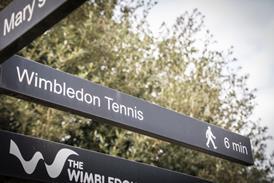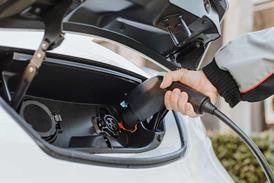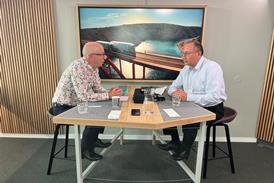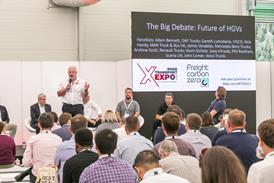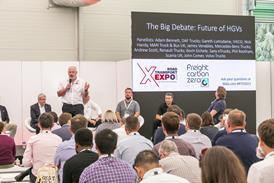MT Awards 2019 winner: Operational Excellence Award – sponsored by The Algorithm People

Wren Kitchens insists on maintaining the very highest of operational standards in its transport operation – and it shows.
This article is for registered users only
Please login or create a FREE account to read the full article
Want to read more?
Register now for free to access the full article.
To access our great content on the Motor Transport website and to get a free copy of our weekly Executive Brief newsletter.
Once registered, you’ll get access to:
- In-depth breaking news every working day of the year
- All the best careers advice for you and your business
- Profiles of every winner at the Motor Transport Awards
- The richest set of road transport industry data in the UK
- You may also be eligible for a free print or digital copy of Motor Transport


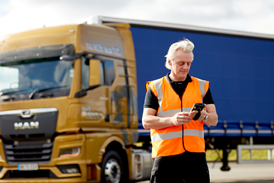
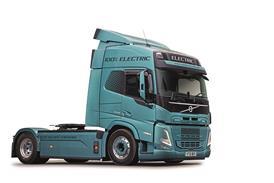
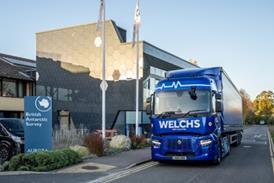
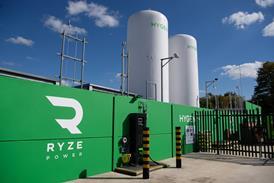
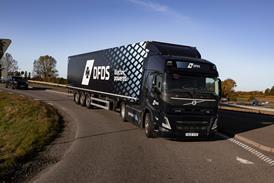
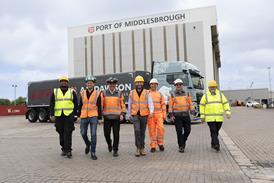
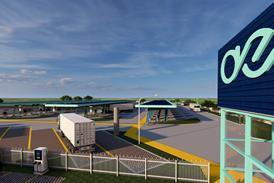



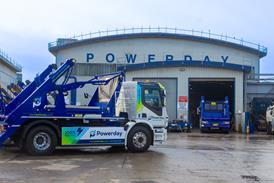
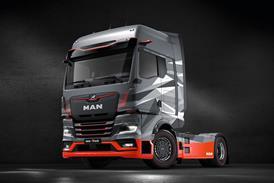
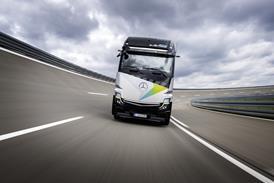
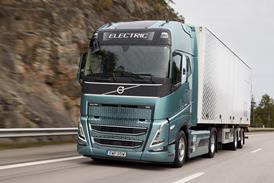
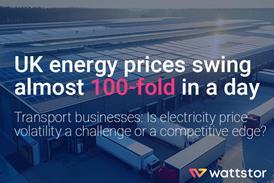
![Mercedes-Benz_eActros_600_(1)[1]](https://d2cohhpa0jt4tw.cloudfront.net/Pictures/274x183/8/1/8/17818_mercedesbenz_eactros_600_11_556244.jpg)
